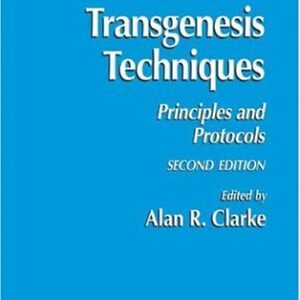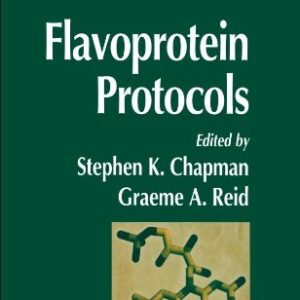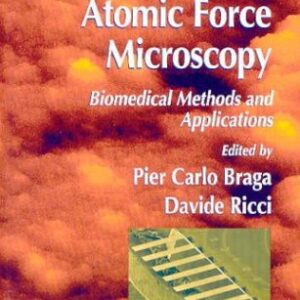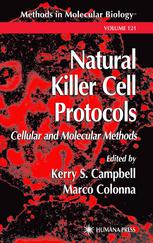Splicing of primary RNA transcript, i.e. removal of introns and joining of exons to produce mature mRNAs competent for translation into proteins, is a quasi-systematic step of gene expression in higher organisms. However, this process is not unequivocal but can follow alternate pathways. Alternative splicing of a given transcript can therefore yield several distinct mRNAs encoding as many different proteins. Its full biological significance has not been appreciated until it was recognized that alternative splicing is so general as to affect about 75% of all human genes. Therefore, alternative splicing not only vastly increases protein diversity but also offers numerous opportunities for aberrant splicing events with pathological consequences.
Biology
[PDF] Alternative Splicing and Disease Laurent Bracco, Emeline Throo, Olivier Cochet (auth.), Professor Dr. Philippe Jeanteur (eds.)
$19.99

![[PDF] Alternative Splicing and Disease Laurent Bracco, Emeline Throo, Olivier Cochet (auth.), Professor Dr. Philippe Jeanteur (eds.)](https://pdfelite.com/wp-content/uploads/2024/04/80823a8a5938fa097acbdaa257a665af-d.jpg)




Reviews
There are no reviews yet.